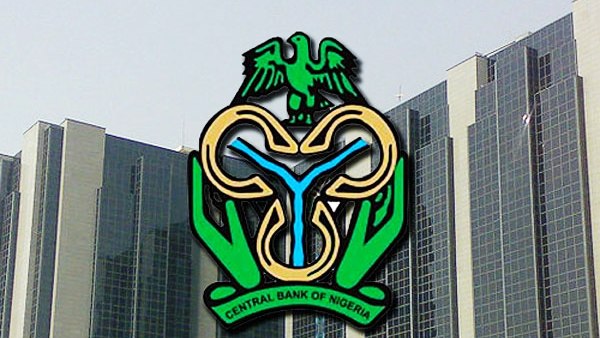…as Naira exchamges for N364/$1
The Central Bank of Nigeria (CBN) on Monday injected 142.5 million dollars into the inter-bank foreign exchange, days after intervening in the retail segment of the market with 254.3 million dollars.
The spokesperson of the apex bank, Mr Isaac Okorafor, in a statement, said the CBN would continue to carry out its regular mediation in the market to keep the market liquid and guarantee the international value of the naira in line with its mandate.
A breakdown of Monday’s intervention indicates that the Bank offered 100 million dollars to dealers in the wholesale segment, while it allocated 23 million dollars to the Small and Medium Enterprises (SMEs) segment.
Also, for those requiring foreign exchange for invisibles such as tuition fees, medical payments, business and personal travel allowances received 19.5 million dollars.
Okorafor said the CBN would not relent in ensuring transparency and efficiency in the sale of Forex.
According to him, the Bank has mandated dealers to make public their forex utilisation.
He, therefore, urged all stakeholders to continually play their roles to guarantee transparency in the market.
TheNewsGuru.com reports that the CBN last Friday intervened in the retail segment of the forex market to the tune of 254.3 million dollars following bids received from forex dealers by the apex Bank.
The figure sold by the Bank was for companies in the raw materials, agricultural, airline and petroleum industry.
Meanwhile, the naira maintained its stand at the Bureau de Change (BDC) segment of the forex market, exchanging at an average of N364 to a dollar in Abuja.


